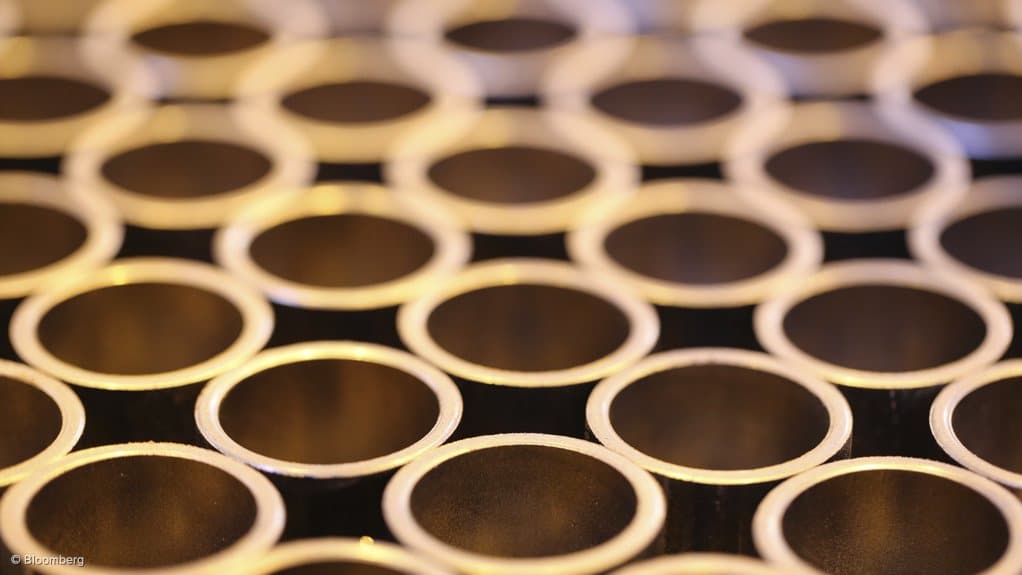Research company BMI has revised its average copper price forecast for the year to $8 550/t, down from $8 800/t previously.
Prices in the year-to-date as at September 19 averaged $8 628/t.
BMI says the dollar strength and market fears of another US Federal Reserve rate hike have placed a cap on copper price growth. Its revised forecast reflects BMI’s expectation that prices will remain under pressure in the last quarter of the year as weak demand and rising inventory levels hammer prices.
For example, Mainland China’s service-led recovery, along with weak global demand, continues to put pressure on prices, as investor sentiment towards industrial metals such as copper wanes.
“Prices have been on a steady downward trend since mid-January, after peaking at $9 356/t on January 23.
BMI does not expect the copper price to average as high as it did in 2022 at $8 788/t.
In the longer term, BMI expects the copper market to be in a sustained deficit as the green transition accelerates.
SUPPLY & CONSUMPTION
BMI expects refined copper production to remain in growth territory globally over the coming decade despite some short-term supply disruptions from outside Mainland China, as a number of smelters are undergoing maintenance that will ultimately reduce total yearly output volumes.
The company also anticipates supply issues in Latin America to hamper copper concentrate supply growth, leaving the market tight and putting pressure on refined copper supply in the coming months.
BMI expects global refined copper output to grow from 27.3-million tonnes this year to 35.2-million tonnes by 2032, averaging a yearly growth rate of 3.1% over the period.
The company also forecasts global copper consumption growth to rise by 2.9% this year to 27-million tonnes, amid an uneven economic recovery in China and a drag from other markets.
Notably, the green energy transition will partially offset this downside pressure, BMI states.
Over the rest of the decade, BMI anticipates strong demand growth driven by the renewables and automotive industries.
It expects global copper demand to increase from 27-million tonnes this year to 36-million tonnes by 2032, averaging a 3.3% yearly growth rate.



